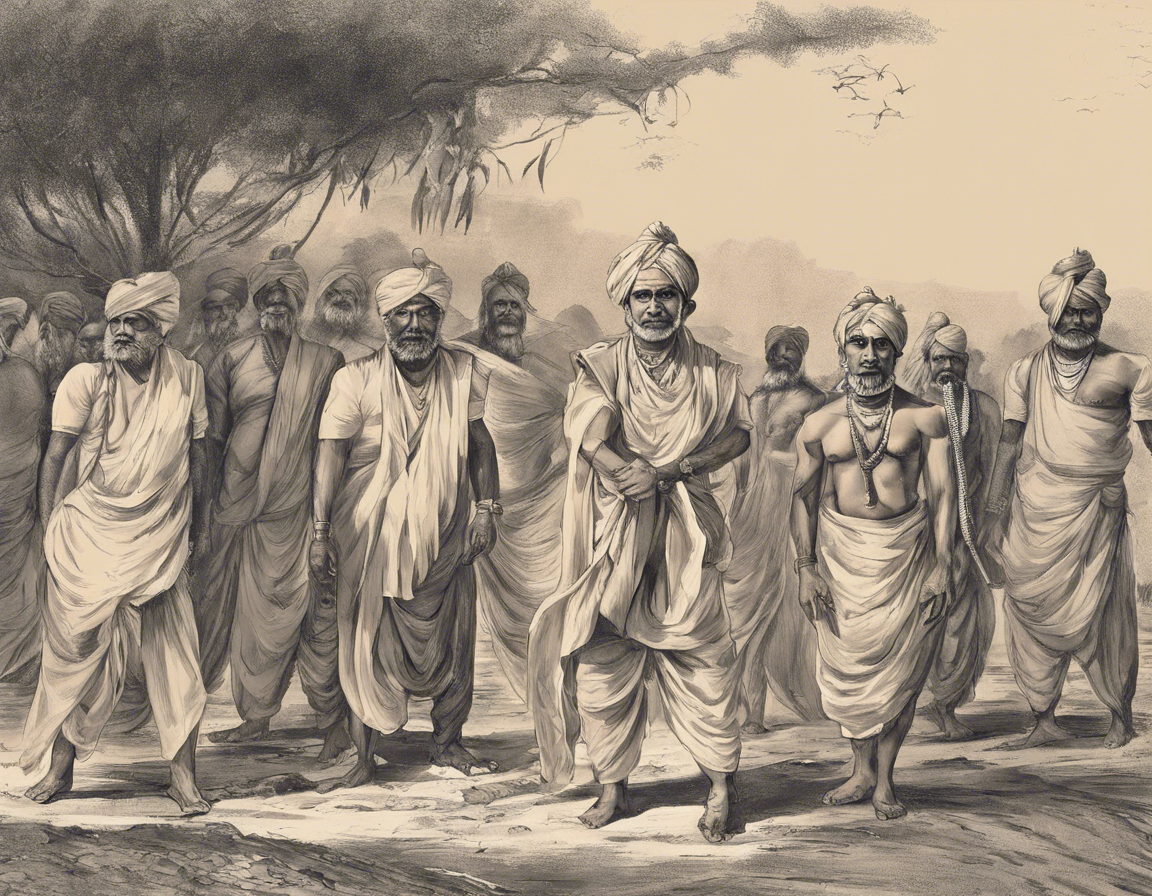Mythology has played a significant role in shaping civilizations and cultures throughout history. One captivating theme that appears in various mythol
Mythology has played a significant role in shaping civilizations and cultures throughout history. One captivating theme that appears in various mythological traditions is that of rebirth. The concept of rebirth, also known as reincarnation or resurrection, is the idea that a person’s spirit or soul can be reborn into a new form after death. This theme has fascinated and intrigued people for centuries, leading to a plethora of captivating stories and myths centered around the idea of new beginnings and transformation.
Origins of Rebirth in Mythology
The concept of rebirth can be traced back to ancient civilizations such as ancient Egypt, India, Greece, and Mesopotamia. In Egyptian mythology, the story of the phoenix is one of the most well-known examples of rebirth. The phoenix is a mythical bird that is said to burst into flames upon death and then be reborn from its ashes, symbolizing immortality and the cycle of life, death, and renewal.
In Hindu mythology, the concept of rebirth is a fundamental belief known as samsara. According to Hindu beliefs, individuals go through a cycle of birth, death, and rebirth until they achieve spiritual enlightenment and break free from the cycle of reincarnation. This cycle is influenced by a person’s actions, known as karma, in their past lives.
Rebirth in Greek and Roman Mythology
In Greek and Roman mythology, the theme of rebirth is prevalent in the story of the Phoenix. The Phoenix is a magnificent bird that is cyclically reborn and symbolizes renewal and resurrection. Additionally, the tale of Orpheus in Greek mythology touches upon the idea of rebirth when Orpheus attempts to bring his beloved wife Eurydice back from the dead through the power of his music and love.
Another significant example in Greek mythology is the story of Asclepius, the god of medicine and healing. Asclepius was known for his ability to bring the dead back to life, challenging the boundaries between life and death and embodying the concept of rebirth.
Rebirth in Eastern Mythologies
In Eastern mythologies, such as Chinese and Japanese myths, the concept of rebirth is often associated with the idea of karma and rebirth into different realms based on one’s actions in past lives. In Chinese mythology, the myth of the Journey to the West tells the story of a monk on a quest for sacred Buddhist texts, embodying the themes of spiritual growth and rebirth through adversity.
Furthermore, in Japanese mythology, the story of the Tennyo or heavenly beings showcases the idea of rebirth and transformation as these celestial beings descend to earth and experience human emotions and hardships, ultimately leading to personal growth and renewal.
The Symbolism of Rebirth in Mythology
The motif of rebirth in mythology carries various symbolic meanings, including themes of transformation, resilience, immortality, and personal growth. The idea of undergoing a process of death and rebirth symbolizes the cyclical nature of life, the opportunity for new beginnings, and the chance to learn from past mistakes.
Furthermore, the concept of rebirth in mythology often serves as a metaphor for the human experience, highlighting the universal themes of death and renewal, loss and growth, and the cyclical nature of existence. It encourages individuals to reflect on their own lives, embrace change, and embrace the potential for growth and transformation.
How Rebirth Influences Contemporary Culture
The theme of rebirth in mythology continues to captivate contemporary culture through various forms of art, literature, and popular media. From movies and books to art and music, the idea of rebirth resonates with audiences worldwide and inspires creativity and introspection.
For example, the popular TV series “Game of Thrones” incorporates elements of rebirth and resurrection through characters like Jon Snow, who is brought back to life after his death, symbolizing themes of redemption and second chances. Similarly, the Harry Potter series explores the concept of rebirth and immortality through the character of Voldemort, who splits his soul and seeks to achieve eternal life through dark magic.
Frequently Asked Questions (FAQs) about Rebirth in Mythology
- Is rebirth the same as resurrection in mythology?
-
No, rebirth typically refers to the idea of a soul being born into a new form after death, whereas resurrection involves a person coming back to life in their original form.
-
Are there any common symbols associated with rebirth in mythology?
-
Yes, common symbols of rebirth include the phoenix, the lotus flower, the snake shedding its skin, and the butterfly emerging from its cocoon.
-
What is the significance of rebirth in different cultures around the world?
-
Rebirth symbolizes themes of renewal, transformation, personal growth, and the cyclical nature of existence in various cultures and mythological traditions.
-
How does the concept of rebirth impact spiritual beliefs in different religions?
-
The concept of rebirth influences beliefs in reincarnation, karma, resurrection, and spiritual enlightenment in religions such as Hinduism, Buddhism, and ancient Egyptian religion.
-
Are there any real-life examples of myths or stories that illustrate the theme of rebirth?
- Yes, real-life examples include instances of near-death experiences, personal transformations, overcoming adversity, and finding new purpose in life after a period of hardship or loss.
In conclusion, the theme of rebirth in mythology is a powerful and enduring motif that continues to inspire and resonate with people from all walks of life. Through stories of transformation, renewal, and personal growth, mythology offers timeless wisdom and insights into the human experience, encouraging us to embrace change, learn from our past, and strive for a brighter future.


COMMENTS